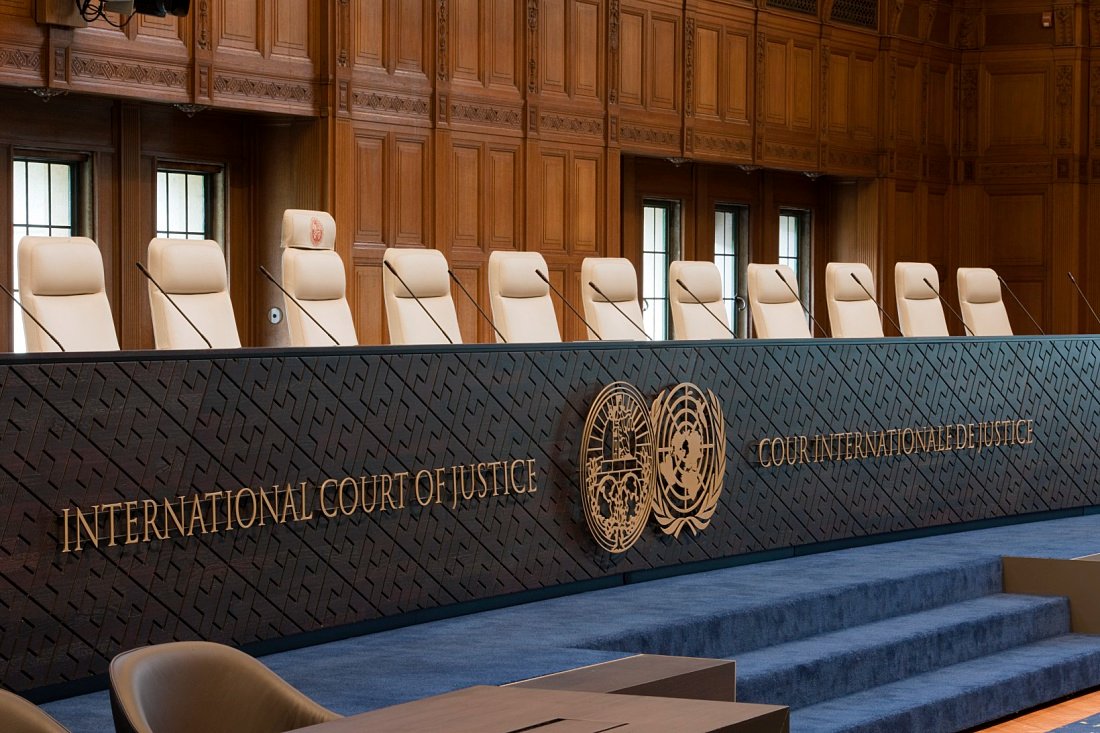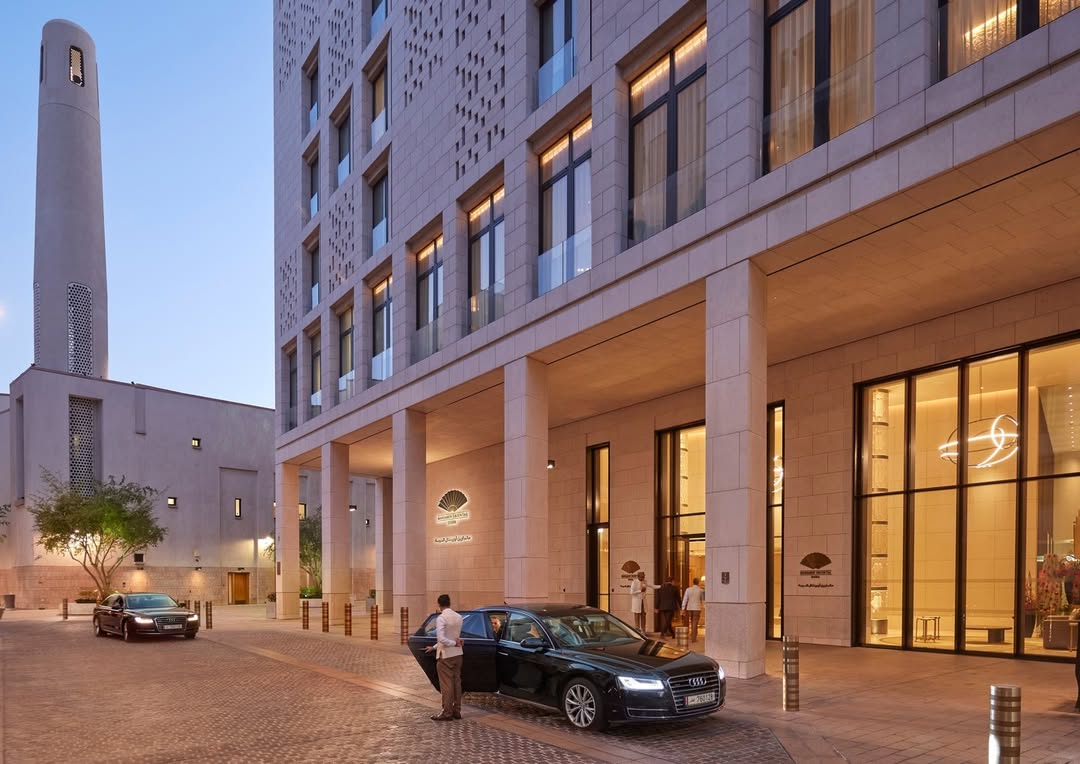The ICJ is scheduled to convene its first session on January 11 in The Hague, Netherlands, through to January 12.
Activists have launched an online petition urging the Egyptian government to join South Africa in its landmark case against Israel at the International Court of Justice (ICJ), which accuses Israel of committing genocide against Palestinians in the Gaza Strip.
The petition calls on Egypt “to call for enforcing measures under the UN ‘Genocide Convention’ to ensure an immediate ceasefire and an end to the Israeli armed onslaught on Gaza.”
It further demands the formation of a committee, comprising the country’s prosecutor-general, diplomats, journalists, and representatives from civil society and professional syndicates, to meticulously document the crimes of the Israeli occupation.
The findings would be collated into an official memo to be presented before the ICJ.
Given Egypt’s historical ties and geographical proximity to the Gaza Strip, along with its diplomatic relations with Israel, Cairo’s role in the region’s affairs is deemed pivotal.
Egypt also played a key role in the de-escalation efforts in Gaza. Doha and Cairo’s mediation had resulted in a temporary truce that lasted between November 24 and December 1 following two extensions under wider efforts to reach a permanent ceasefire.
The pause led to the release of at least 110 Israeli and foreign captives from Gaza, according to a Doha News tally. As part of the deal, Israel released 240 Palestinian women and children from Israeli prisons.
The ICJ, otherwise known as the United Nations’ World Court, is scheduled to convene its first session on January 11 in The Hague, Netherlands, to deliberate on the case.
Thursday has been allocated for South Africa to present its case against Israel for its acts and omissions that have violated the UN’s Genocide Convention.
While January 12 will see Israel attempt to contest South Africa’s charges.
South Africa’s indictment has shaken Israel’s military, who fear a court injunction may force a halt in its demolition of Gaza.
Last week, former Vice President of Egypt and ex-director of the International Atomic Energy Agency (IAEA), Mohamed ElBaradei, publicly criticised Arab states that refrained from joining the ICJ proceedings and described their abstinence as “a stain of shame that cannot be erased.”
Since October 7, Israel has killed at least 23,084 Palestinians and wounded around 58,926 others.
Since Israel initiated its offensive on Gaza in October, at least 23,210 Palestinians have been killed, with over 59,167 injured.
Meanwhile, Israel and South Africa are set to face off at the UN’s top court.
South Africa has accused Israel of genocidal acts in Gaza, urging the ICJ to order an immediate suspension of military operations.
The case distinguishes these acts from other international law violations and points to statements by Israeli officials as evidence of genocidal intent.
The application to the court does not depend on verifying each incident but seeks to demonstrate that some acts might constitute violations under the Genocide Convention.
Both Israel and South Africa are UN members and signatories to the Genocide Convention. The ICJ’s role, as defined in Article IX, is to address disputes under the Convention.
The foundation of South Africa’s submission relies on consistent condemnations, citing statements from the Presidents of Palestine, Algeria, Bolivia, Brazil, Colombia, Cuba, Iran, Turkey, and Venezuela, all characterising Israel’s actions as genocidal.
State officials and representatives from Bangladesh, Egypt, Honduras, Iraq, Jordan, Libya, Malaysia, Namibia, Pakistan, Syria, and Tunisia have also echoed similar sentiments.
While the ICJ’s decisions are legally binding, its power to enforce them remains limited, as seen in the case of Russia’s non-compliance with a directive to suspend its invasion of Ukraine in March 2022.







